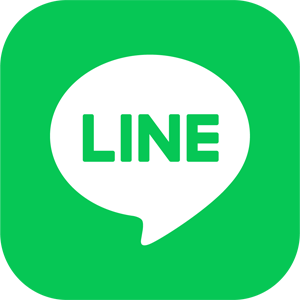HOME » Blog » Frequently Asked Questions for Foreigners Buying Property in Vietnam
Blog
Frequently Asked Questions for Foreigners Buying Property in Vietnam
Update: 2/26/2024
Vietnam is one of the most dynamically emerging markets in the Asian region. The GDP growth of Vietnam soared during the period from 2015 to 2019, surpassing the 7% mark for the first time in many years in 2018 and 2019. However, due to the outbreak of the Covid-19 pandemic in 2020, which escalated in 2021, the growth rates for these two years were significantly lower, only half or less compared to the previous years. Nevertheless, in 2022, a record growth rate of 8.02% was achieved, and in 2023, a growth rate of 5.05% was attained, placing Vietnam among the top countries in the world with positive growth rates. This is all thanks to the effective implementation of monetary policies. Positive signals from the economy and newly amended land laws have led to a substantial increase in demand from foreign buyers desiring to own real estate in Vietnam.
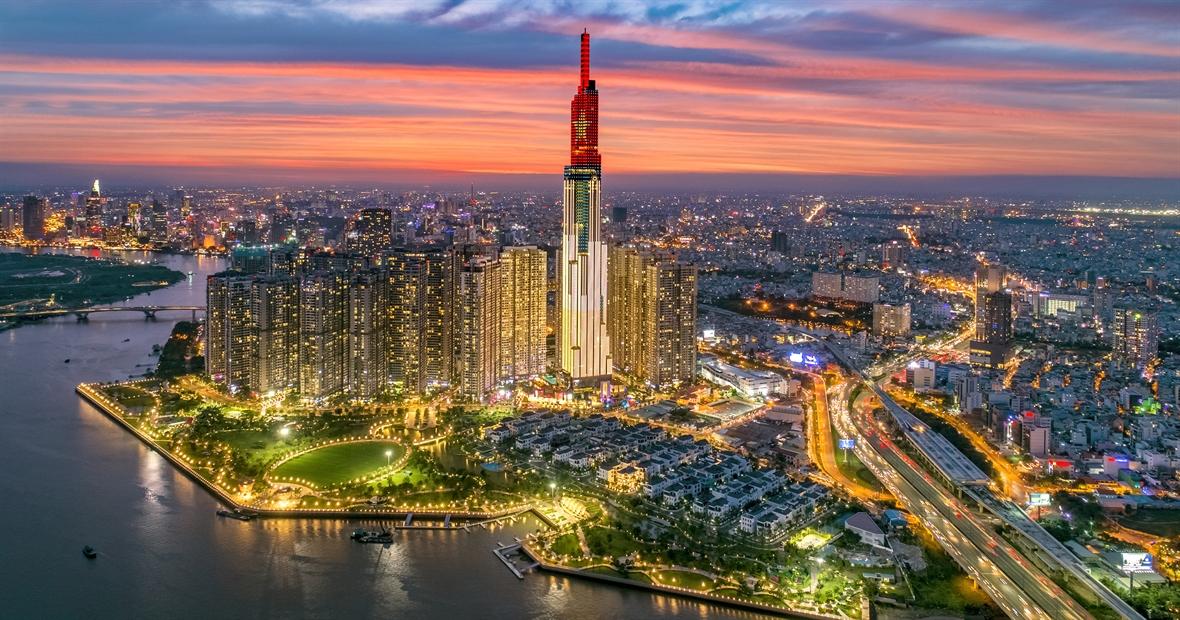
1.Foreigners can buy houses in Vietnam under the following regulations:
• Current law: Effective from July 2015
• Applicable individuals: Foreign individuals permitted to enter Vietnam
• Real estate: Apartment units and individual houses within residential construction investment projects
Not more than 30% of the total number of apartment units in a condominium building
Not more than 10% of the total project units (villas or individual houses) in a residential construction investment project or not exceeding 250 units in an administrative ward unit.
• Duration of ownership: Foreign individuals can own houses for a maximum of 50 years from the date of issuance of the certificate; upon expiration of the ownership period stated in the certificate, if the owner wishes to extend it, the state shall consider granting an extension.(extended once for the next 50 years)
• Forms of ownership: Residential dwelling, leasing, inheritance, gift-giving, donation.
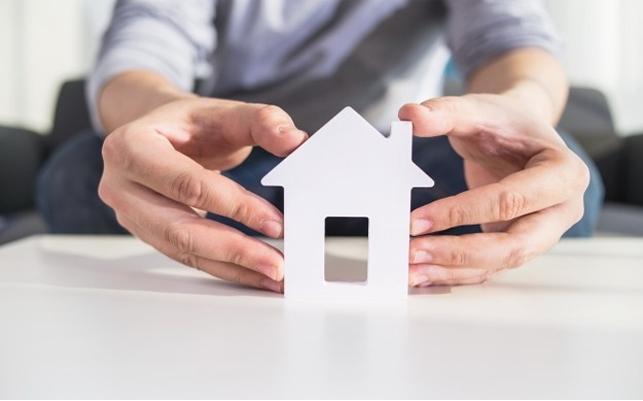
2.OPENING A BANK ACCOUNT IN VIETNAM
Foreign investors should open a bank account in Vietnam when they need to make payments to the project developer. Homebuyers should open accounts at international banks with branches in Vietnam such as ANZ, Citibank, HSBC, and Standard Chartered.
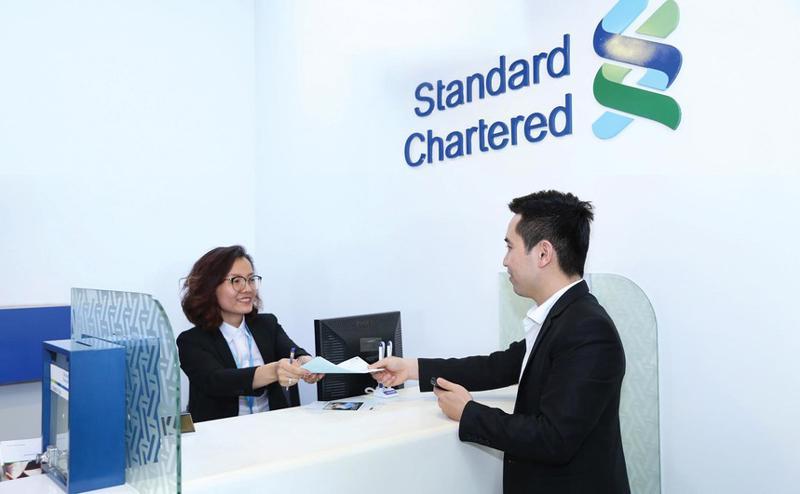
3.TYPES OF TAXES TO BE AWARE OF IN THE REAL ESTATE PURCHASING PROCESS:
Foreigners can directly or authorize a third party (by power of attorney) to declare and pay taxes at a tax office in the district where the property is located.
Purposes:
• Value Added Tax: 10% value-added tax on any transaction by individuals buying property, whether Vietnamese or foreign.
• Administrative costs: nominal fees related to paperwork procedures when obtaining property ownership certificates under current laws.
• Registration fee: 0.5% of the apartment value for registration fee when registering the ownership certificate.
• Maintenance fee: this is a common fund contributed by the buyer for the maintenance of common areas of the project. Currently, the maintenance fee is 2% of the apartment selling price before tax.
Resale:
Personal Income Tax: Personal income tax is 2% on the transaction value for apartment resale transactions.
Rental:
• Personal Income Tax: Tax for income from renting out houses is 5% personal income tax and 5% value-added tax.
• For rental income exceeding 100 million dong per year, the business tax is 1 million dong for one year.
Category
- Agent 1
- Arts and Culture 0
- Economy 7
- Education 0
- Events 1
- Fashion 0
- Food 2
- Investment 7
- lifestyle 2
- Moving 4
- Real Estate 18
- Travel 11
- Wellness 1
Recent Posts
- Looking into one of the Wealthy Neighborhoods of Sydney: Watsons Bay
- Real Estate around the world: Countries with the most interest in Australian property
- Real Estate around the world: ①Australia Rent
- Why & How to buy Real-Estate in Japan
- What is an Okinawa Luxury House? ②
- What is an Luxury House? ①
- Property Inspection
- How to Retire in Vietnam: Houses, Costs, Visas and More
- THINGS TO CONSIDER WHEN LOOKING FOR AN APARTMENT IN DA NANG
- THINGS TO CONSIDER WHEN RENTING APARTMENTS FOR FOREIGNERS IN DA NANG, VIET NAM
